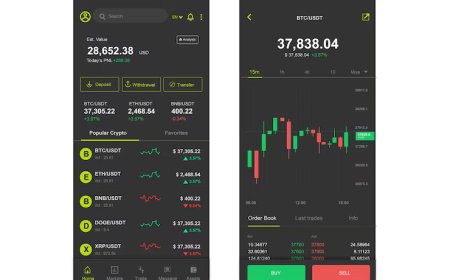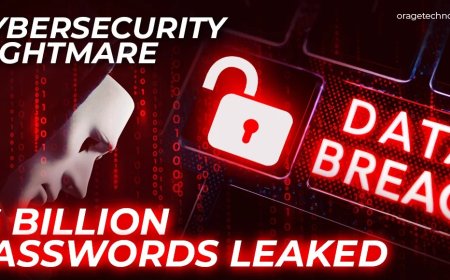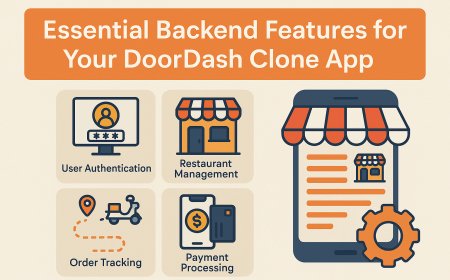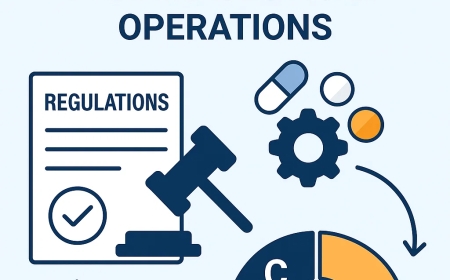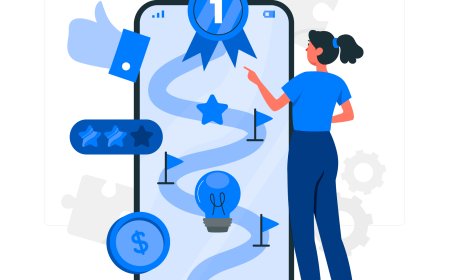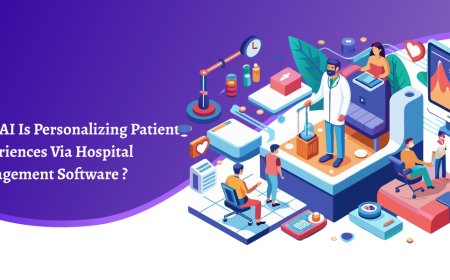Data Breach Fatigue: Are We Getting Numb to Cybersecurity Threats?
Data breach fatigue is the emotional and psychological weariness people and organizations experience from repeatedly being exposed to data breaches. When headlines shout "Another Huge Data Breach Affects Millions," the public hardly blinks.

Over the past few years, data breaches have become a nearly regular occurrence in the news. From international conglomerates to regional governments, entities continue to get hit by cyberattacks that steal user data. But as the number of breaches continues to grow, a dangerous trend has materialized: data breach fatigue.
Data breach fatigue is the emotional and psychological weariness people and organizations experience from repeatedly being exposed to data breaches. When headlines shout "Another HugeData Breach Affects Millions," the public hardly blinks.
The consequences couldn't be greater. In a world where digital engagement becomes more and more prevalent, numbness to cyber attacks can result in complacencyand eventually, even increased vulnerability.
Why Do We Feel Numb After Hearing About So Many Data Breaches?
When the same kind of crisis occurs repeatedly, it loses its shock factor. Psychologists term this process "desensitization." With data breaches happening on a weeklyor even dailybasis, it is easy to understand why the typical user can opt out of paying attention.
Furthermore, individuals feel helpless. When highly resourced big corporations experience breaches, it sends a disheartening message: If they cannot keep our information safe, then who can? Eventually, this helplessness turns into apathy. Customers might stop updating their computers or enabling two-factor authentication. Executives might procrastinate in investing in security because they believe a breach is unavoidable.
Alas, that attitude only contributes to the ongoing cybersecurity nightmare. While awareness declines and security practices lapse, the window of opportunity for cybercrooks widens.
Are Organizations Guilty of Contributing to This Fatigue?
Yes. Far too many firms are guilty of what can only be termed "breach normalization." When there is a breach, firms routinely roll out the same scripted apology, provide free credit monitoring, and get on with it, without taking long-term measures to show they've learned from their mistakes.
The result? The public tunes out.
Second, businesses will sometimes minimize the severity of a breach to save face. Although it might be practical from a PR standpoint, it erodes consumer trust and numbs audiences even more.
To end this cycle, businesses need to move towards openness. Complete post-breach disclosures, concrete next steps, and transparent improvements to security measures work wonders in rebuilding trust and cutting through the haze of complacency.
What Are the Hidden Dangers of Data Breach Fatigue?
The most deadly side effect of fatigue is complacency. When consumers no longer care, they no longer guard themselves. They reuse flimsy passwords, overlook phishy emails, and forget to update their softwareall habits that invite hackers in.
For companies, the expense is even greater. An inactive workforce is less inclined to report phishing attempts or follow cybersecurity guidelines. Management might put resources away from key infrastructure or neglect to upgrade obsolete systems. This eventually lays the groundwork for more frequent and destructive breaches.
Worst of all, breach fatigue warps our perception of magnitude. A breach of 5,000 individuals may no longer be a front-page story, but to them, it's very personal. When smaller-scale breaches go unnoticed, victims are left uninformed, and attackers aren't held accountable.
How Do We Fight Data Breach Fatigue?
Combat fatigue means a change in attitudefrom reaction to action.
-
Educate Continuously: Training programs must extend beyond compliance and touch on the psychological considerations of security. Discuss why vigilance is important and how individual efforts feed into company-wide defense.
-
Prioritize Communication: Post-breach, don't play hide and seek behind legalese. Communicate clearly and candidly about what occurred, what it means, and what is being done.
-
Gamify Cyber Hygiene: Staff and consumers alike are responsive to interactive learning. Engage gamification, quizzes, and incentives to promote good security practices.
-
Strengthen Personal Responsibility: Get users to think of their data as money. Would you leave your wallet on a park bench? No? Then don't reuse your passwords or click on dodgy links.
-
Share Success Stories: It's not all bad news in cybersecurity. Sharing foiled attacks, successful training initiatives, or security improvements promotes a narrative of hope and resilience.
What Is the Media's Role in This Cybersecurity Nightmare?
The media have an important role to play in influencing public perception. Although breaches need to be reported, saturation coverageusually provided without actionable contextis part of the problem and leads to fatigue.
Rather than concentrating on victim numbers and damage, the media ought to report on solutions and accountability as well. Cybersecurity expert interviews, stories of data recovery, and legal follow-up provide rich insights and enhance audience engagement.
Are There Any Indications That Individuals Are Pushing Back Against Exhaustion?
Yes, and they're promising. Users are increasingly expecting more security from service providers. Technologies such as two-factor authentication, encrypted messaging, and secure payment systems are becoming fundamental expectations, not premium features.
Similarly, corporations are starting to realize that cybersecurity is not only a tech concernit's a brand concern. Companies that ensure security are viewed as responsible and trustworthy, and they gain a competitive advantage in an uncertain market.
Frequently Asked Questions (FAQs)
Q. What to do if I'm impacted by a data breach?
Change your passwords immediately, turn on two-factor authentication, and check your financial statements. If sensitive data were leaked, consider putting a freeze on your credit.
Q. How do I stay up to date without feeling overwhelmed?
Subscribe to vetted cybersecurity newsletters that deliver summarized news with advice. Steer clear of clickbait titles and seek out expert analysis and commentary.
Q. Is it worth it to spend money on identity protection services?
Yes, particularly if your information has been compromised many times. These websites can track your credit and personal data and send you notices when something is amiss.
Q. Why are data breaches so prevalent today?
The online world is growing fast, yet security measures haven't consistently kept up. Much of the software is still running on older programs, and hackers are getting wiser.
Final Thoughts
Data breach fatigue is an all-too-real and mounting issue. We cannot sit idly by as digital users, consumers, and professionals. The duplication of cybersecurity breaches doesn't diminish their seriousness. Rather, it should act as a wake-up call for decisive and unwavering action.
Breaking out of this cybersecurity nightmare requires collective effortbetter communication, more education, and a renewed sense of urgency. We may not be able to eliminate breaches, but we can prevent them from becoming routine.














